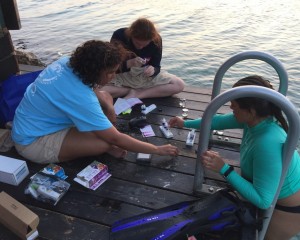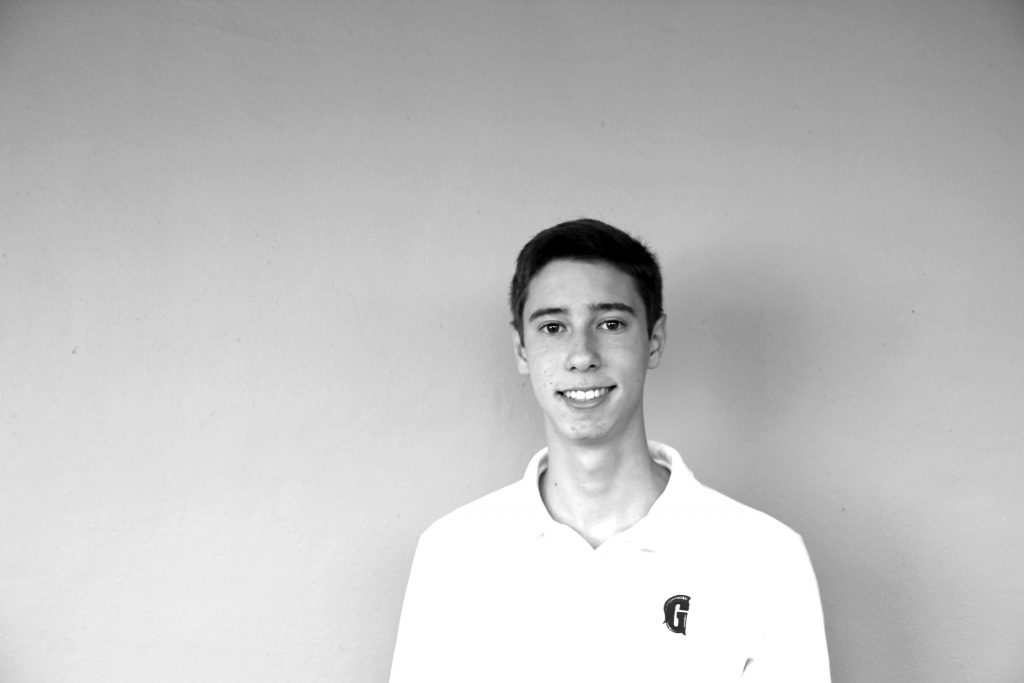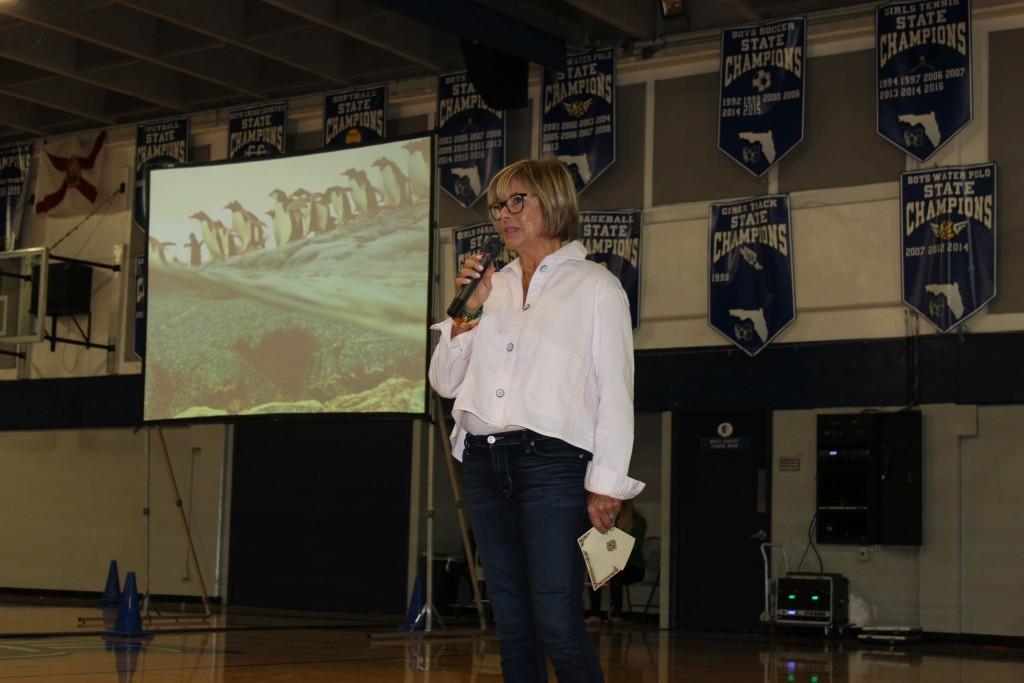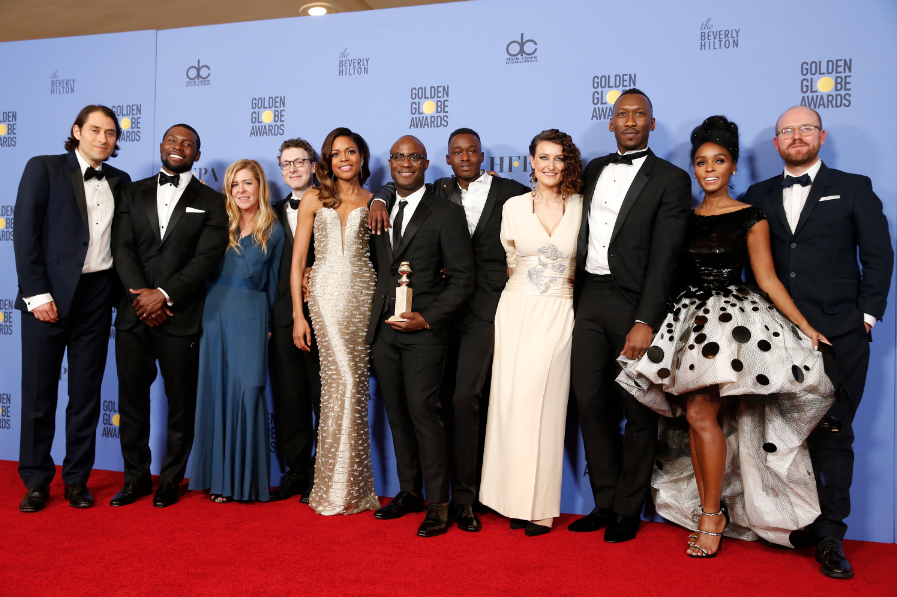
The new environmental and marine science field studies program has provided outstanding opportunities for students interested in and passionate about their environment and research in these fields.
The program began at the beginning of the 2015-106 school year, offering quite a unique experience to high school science students. Living in South Florida, a place with diverse natural and marine environments, many students and teachers who are passionate about these fields of science seek opportunities to pursue these fields outside of school. Typically the only way to engage in those types of activities is through summer camps, which unfortunately do not allow for much real world science experience. This program solved this problem, allowing students to conduct their own independent scientific research.
It also provides students the unique opportunity connect with local researchers and college professors in order to gain real world experience in marine science research.
Environmental and marine science teachers Kristen Szpack and Emilia Odife began with two pilot studies: one group studying dolphin population dynamics in Key Largo and one studying local coral restoration ecoogy and policy.
Szpack has been working with students throughout the year studying a group of dolphins and their behavior, research contributing to her Master’s degree from University of Miami. The group has been studying dolphin populations in both Biscayne Bay and Florida Bay, investigating whether the unhealthy water of Biscayne Bay has crossed over with the healthy water of Florida Bay, as such a crossover could result in a transfer of diseases to the different dolphin populations, which could be dangerous for both groups of dolphins.
By allowing students to be her research assistants in the study, they were able to engage in real world marine science research experience before they graduate high school, a unique experience that looks fantastic on students’ college applications.
“It provides students with experience in true scientific research. The best way to learn science is to DO science, and this program allows students to do just that.” said Szpack.
The second study concerning coral restoration, while it provided real world marine science research experience, is also interdisciplinary, as it incorporates a business component as well. This study, run by Odife, investigated coral anatomy and physiology in order to understand how different nutrients affect coral growth and the potential threats that coral reefs face as an ecosystem today.
The group of students involved in this study traveled to Bonaire in February, where students earned their PADI Coral Restoration Specialist Certification.
“The good thing about the program is that it is very interdisciplinary. Students who are artistic help draw diagrams and sketches of the coral systems, and those that are good with language help communicate the results. Everyone works together while bringing their own individual talents to the table.” said Odife.
Each of the two studies also incorporated an aspect of community service, in order to share this research and teach others in the community about the ecosystem in which they live. Students involved in the coral restoration study are currently working on a project called “coral restoration in a box”, through which students will teach elementary school students about coral reef systems and how they are treated, something that is impossible to observe except through diving. This program encourages education awareness through community outreach, spreading the word on how to take care of the ocean.
“Although I am hoping to go to school to teach art, the environment is something I have always loved and would like to continue keeping an eye on.” said participating senior Nicole Zedan.
This program is not for everyone, as these in-depth research opportunities require a great amount of commitment and dedication from participants. However, for those who are passionate about environmental and marine science and are interested in pursuing a career in science, this program is an excellent opportunity to pursue scientific inquiry in South Florida’s ecosystem




